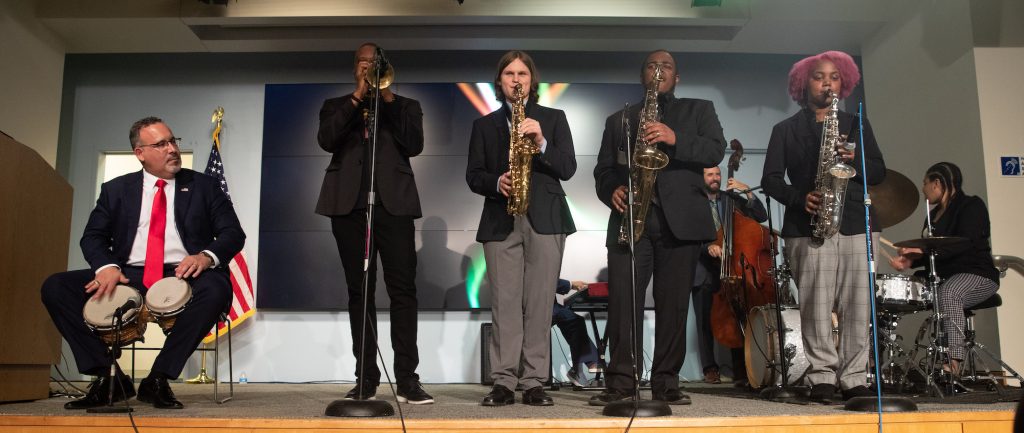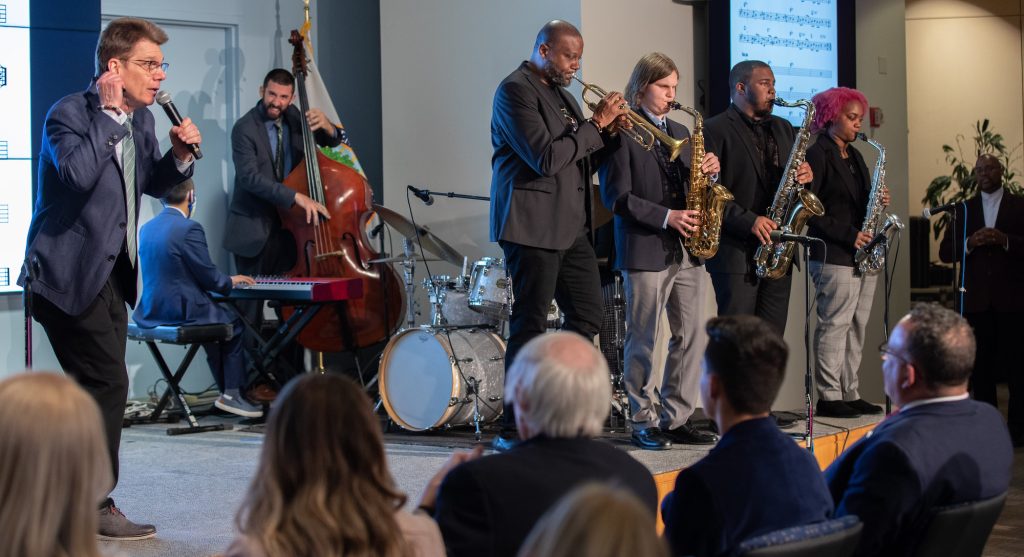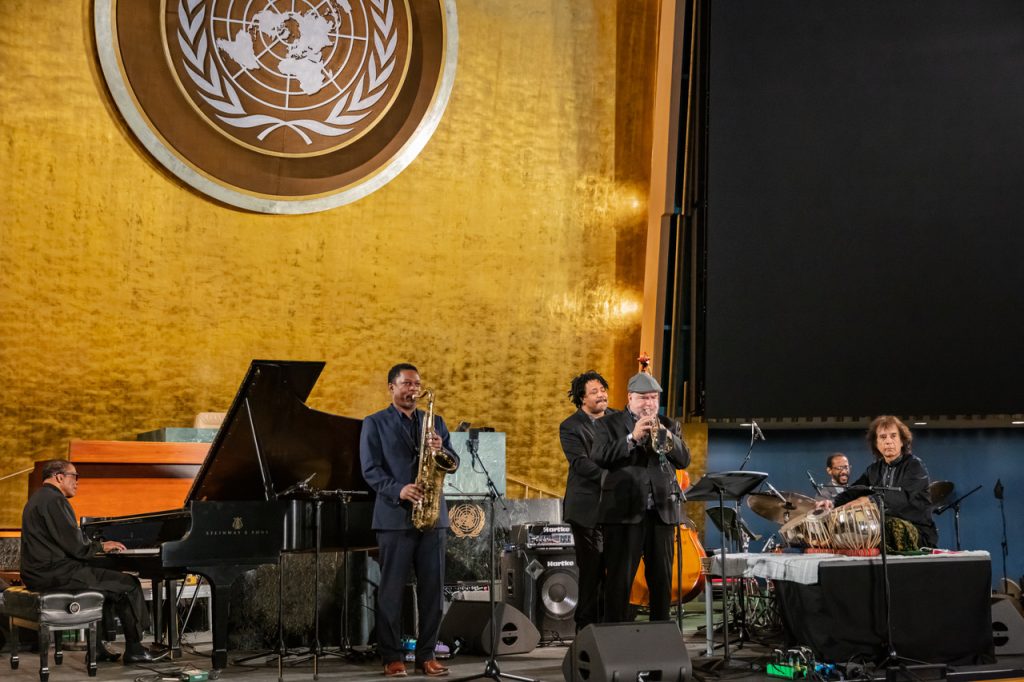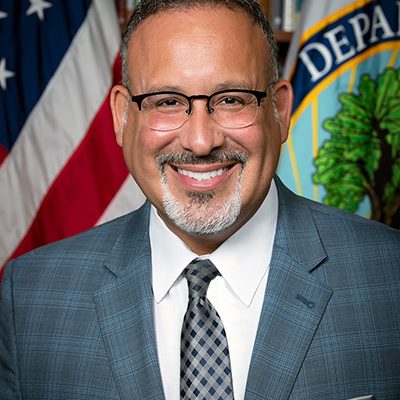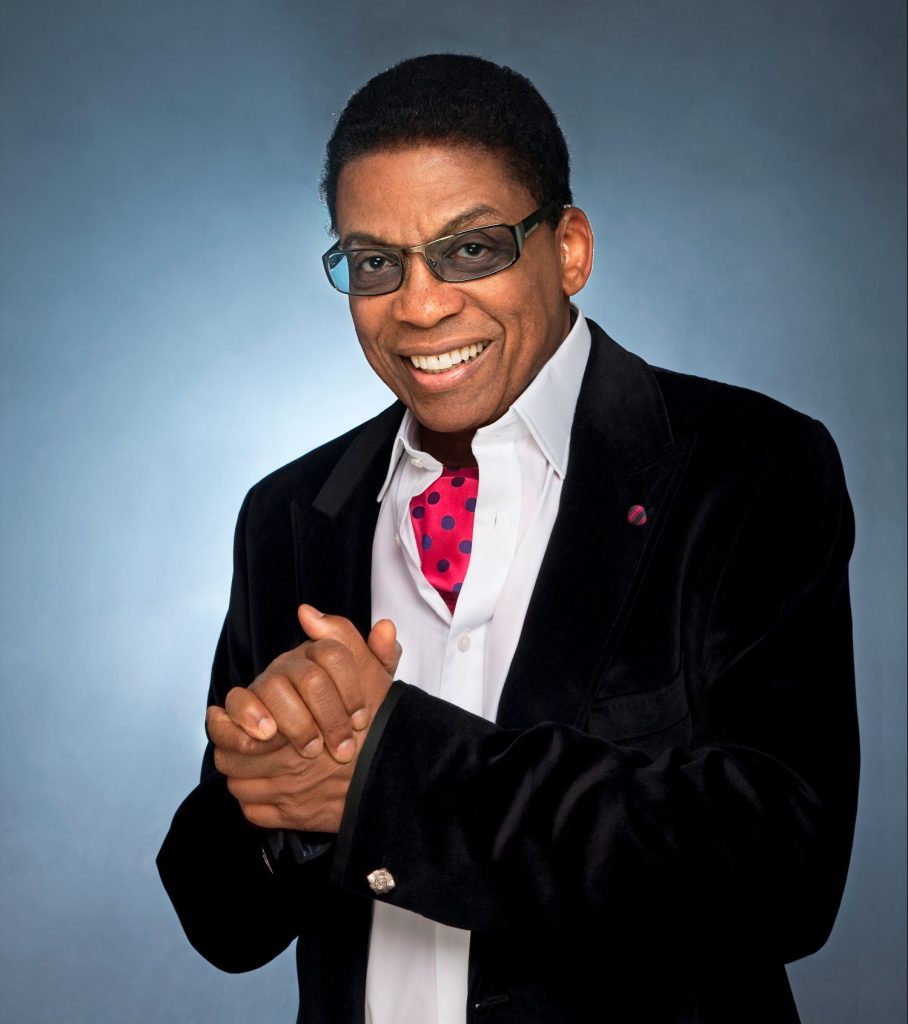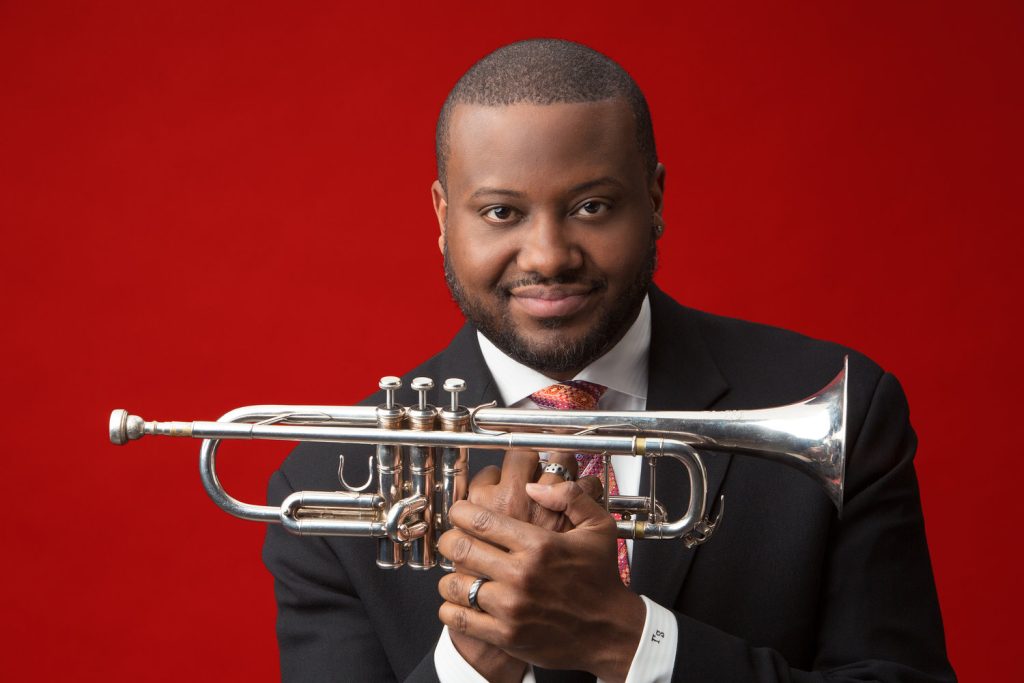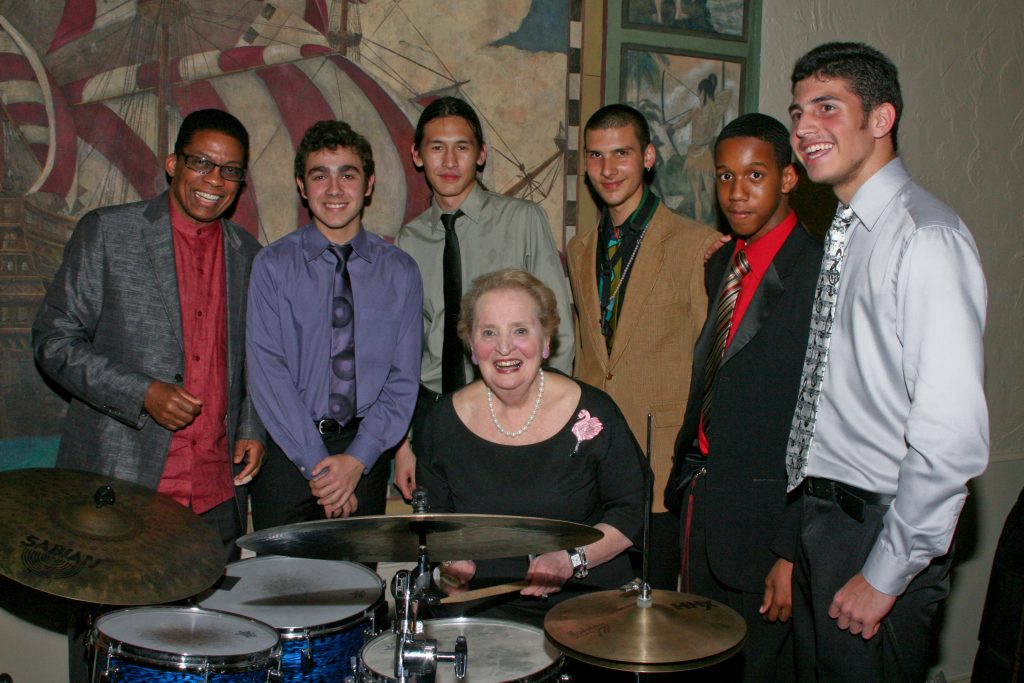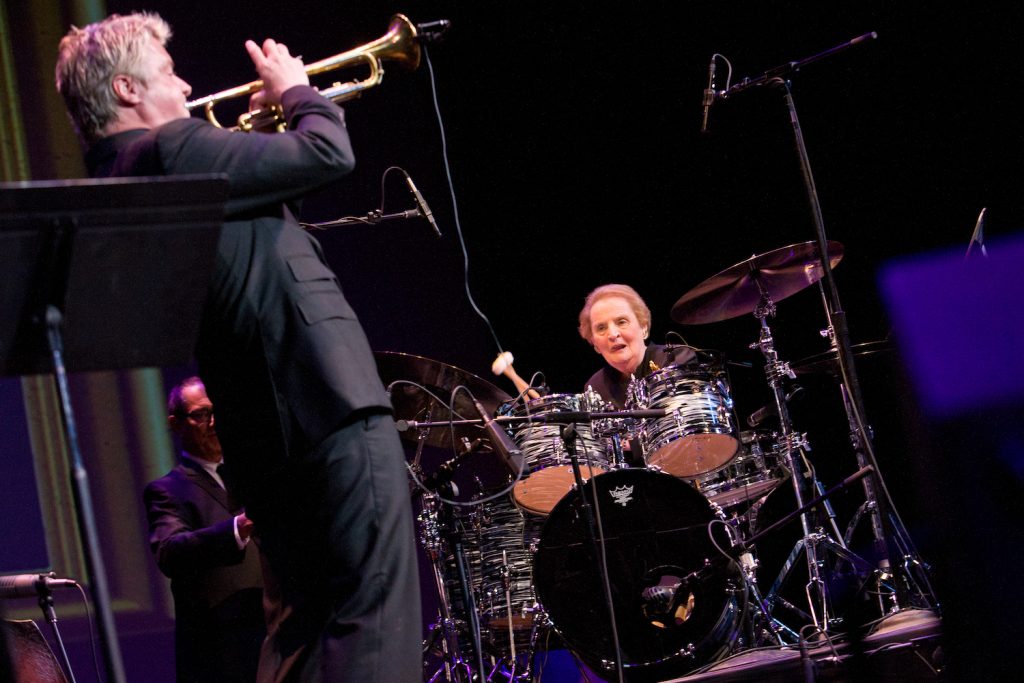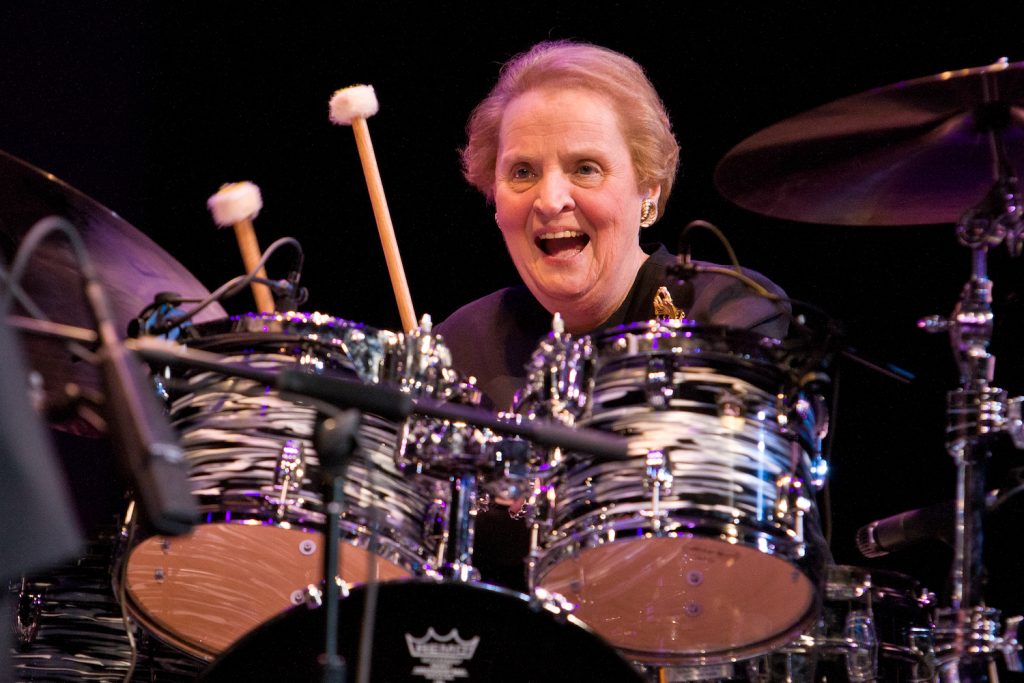Amman, Jordan – The U.S. Embassy in Jordan announces the arrival of jazz legend Herbie Hancock, the Herbie Hancock Institute of Jazz Ensemble at the University of California Los Angeles (UCLA), and guest Don Braden for a series of musical performances and workshops across Jordan. The musical tour celebrates U.S.-Jordanian cultural ties through arts and music. It is sponsored by the Arts Envoy Program of the U.S. Department of State’s Bureau of Educational and Cultural Affairs (ECA) and developed in partnership with the Jordan Ministry of Tourism, Department of Antiquities, National Music Conservatory, National Center for the Culture and Arts, the University of Jordan, King Hussein Foundation, and Princess Taghreed Institute.
Chargé d’Affaires Mike Hankey welcomed the musical tour, emphasizing its importance to diplomacy: “The language of great art needs no translation because it speaks to all of us. And diplomats and political leaders have much to learn from the collaboration inherent in jazz. Herbie Hancock has spent decades bringing together audiences around the world through his music.” Hankey highlighted the long tradition of American jazz ambassadors, recalling the 1963 visit by jazz great Duke Ellington in Amman at the Roman Theater as part of a global tour supported by the U.S. Department of State. Hancock expressed his delight to perform in Jordan, noting that while jazz originated in the United States, it now belongs to the entire world. He added, “In addition to its artistic significance, jazz actually is a music that promotes peace, freedom, and democratic values. It is an art form with real applications to our world today.”
Herbie Hancock is a 14-time GRAMMY Award winner and Academy Award winner, and internationally renowned pianist and composer who has been an integral part of every jazz movement since the 1960s. In 2007, he won the GRAMMY for Album of the Year, becoming the first jazz musician to receive this honor in 44 years. Hancock was designated a UNESCO Goodwill Ambassador for Intercultural Dialogue in 2011 in light of his profound dedication to the promotion of peace through dialogue, culture and the arts. He also serves as Chairman of the Herbie Hancock Institute of Jazz and Professor of Music at the University of California Los Angeles. Hancock has performed for the U.S. Department of State in Morocco, Egypt, and India, and many other places around the world. The Herbie Hancock Institute of Jazz is a nonprofit education organization with a mission to offer the world’s most promising young musicians college level training by internationally acclaimed jazz masters and to present public school music education programs for young people around the world.
Hancock’s itinerary in Jordan includes performances in Irbid, Jerash, and Amman, and engagement with Jordanian artists and youth. Audiences will include students at the University of Jordan and the National Center for Culture and Arts, and attendees at prominent archeological sites and community service institutes. The tour continues the extensive engagement by the U.S. Embassy in Jordan and the U.S. Department of State focused on strengthening U.S.-Jordanian cultural ties through music, arts, cultural heritage, community programs, and exchanges. Air transportation for the tour was provided by United Airlines, the official airline of the Herbie Hancock Institute of Jazz.

